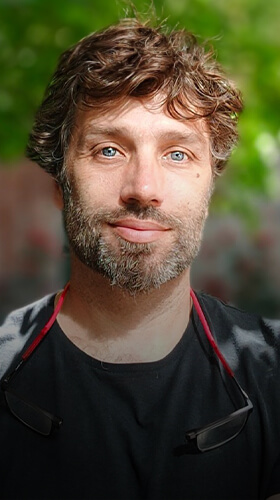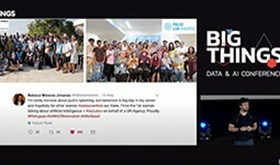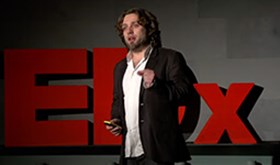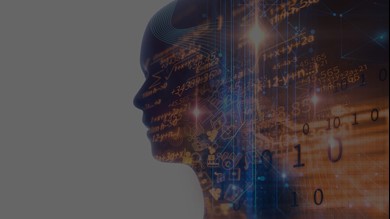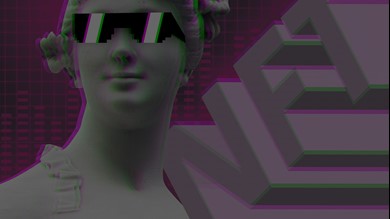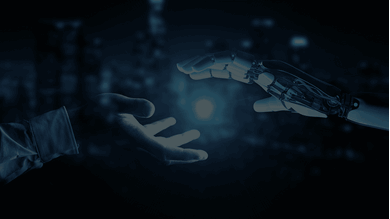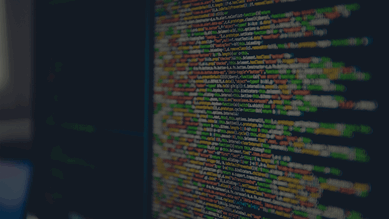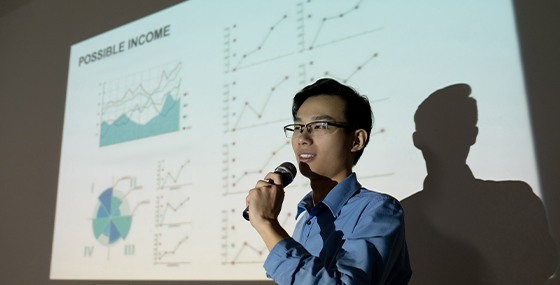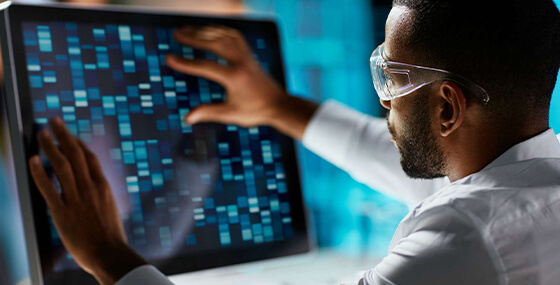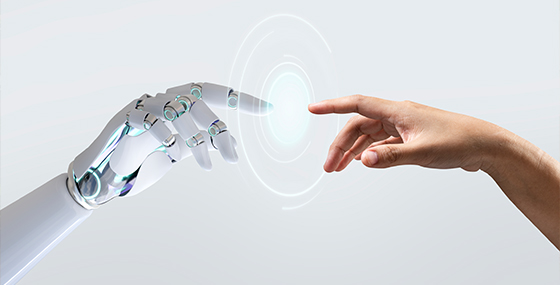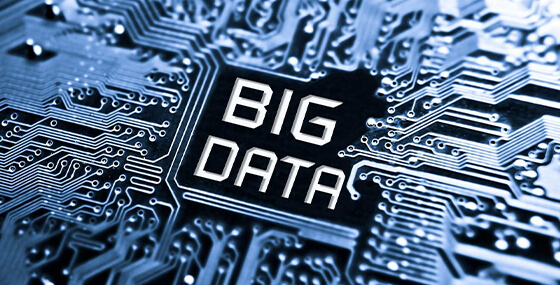Artificial intelligence is changing the world. The most valuable companies define themselves as AI companies. Internet platforms are driven by AI managing the attention economy. Human creativity and even education have been blown away by generative AI. Chatbots that text with human consistency shake up the job market international geopolitical tensions are rising because of the data and infrastructure needed for AI. Whatever the system was- from democracy to authoritarian regimes - AI plays a key role in its subsistence.
This talk will explain the basics of AI. It will also show how pioneers from around the world are unlocking the potential of AI and what are the challenges, risks and controversies so that in the future AI can serve people and the planet to achieve sustainable prosperity.
AI and a better world
Humanity is at the crossroads of deciding whether we want to use the AI revolution for good. AI can unlock some of the mysteries of life on earth, help us find new drugs, respond to natural disasters, map poverty, or search and prepare for life on another planet. It is also time to fight for humanity's rights with respect to the data we generate: from guaranteeing privacy to preventing genocides triggered by deepfakes. AI can produce massive disinformation, but also tools to catch this disinformation and democratize access to information and freedom of expression. The AI strategies of governments around the world reflect the principles of societies and their ethical values.
This conference will discuss how humanity agrees on principles and practices for responsible AI based on Human Rights. It will also show how pioneers from around the world are unlocking the potential of AI for social impact, to serve people and planet and achieve sustainable prosperity.
AI for Health
In a post-pandemic world, more digital than ever, artificial intelligence applied to healthcare is at a tipping point. AI already passes medical exams like a human and can help unravel some of the mysteries of life on Earth, diagnose diseases, optimize vaccine delivery, detect dyslexia, design new drugs, and many other applications yet to be explored.
This talk will share examples of the advances being made in the field of medicine and AI - as well as their risks to safe and reliable systems, and the challenges of integrating them into healthcare systems. Also the opportunities for a future where healthcare professionals and patients themselves use tools that integrate AI for unprecedented clinical impact.




